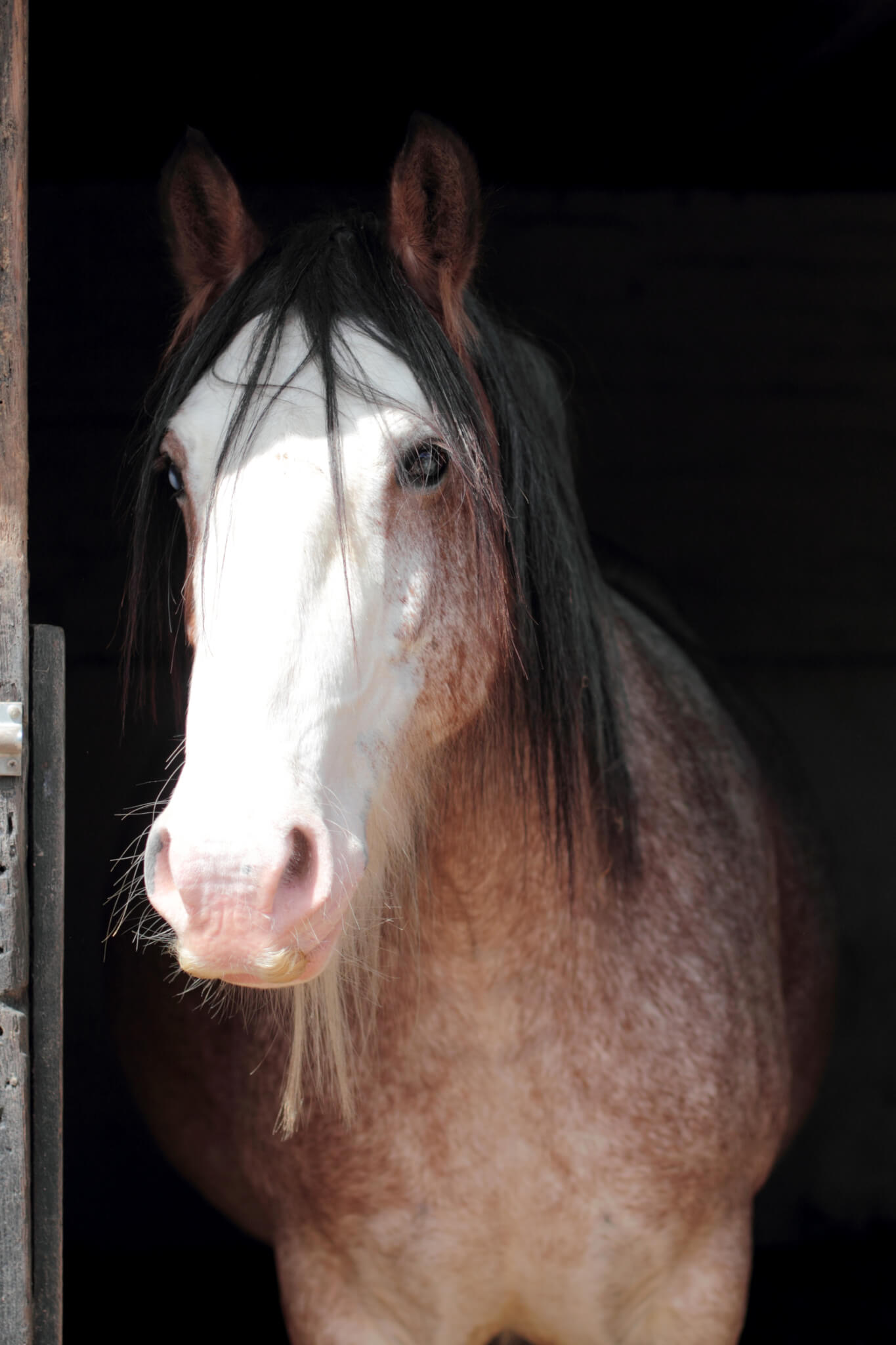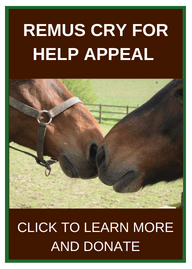
Diseases in Animals
Owners of animals need to be vigilant in the fight against animal disease, regardless of if they are kept as farm animals or pets. Monitoring animals for signs of disease and following good bio-security practices (such as clearing the fields of ragwort which we blogged about last week!) are absolutely essential when you are trying to reduce the risk of disease and indeed attempting to ensure that any disease that an animal may suffer from does not have the opportunity to spread to the other animals in your care.
Animal diseases which do outbreak have to be mitigated and all incidents that occur have to be reported to DEFRA in order for control programmes to be implemented. Diseases do not break out frequently in the UK since there is such a rigorous programme of prevention.
However over the past 10 years there have been over 14 epidemics which included Bird Flu, Bluetongue and Foot and Mouth disease.
Occurrences of disease can cost a lot of money; even the minor outbursts can cost in excess of £2,000,000 with major eruptions potentially costing £3billion!
All animals will carry different diseases from the bacteria which can be found in their manure. At Remus we make sure that we muck out fields and stables regularly and carefully so that our staff are not exposed to any harmful bacteria.
Our animals can be more vulnerable to catching even the most minor, bacterial or viral diseases due to the suffering they have endured in their previous care. At Remus we protect them, make sure their stables are clean; their fields clear of potential danger and keep them in the best health. Due to this, they are less likely to fall victim to disease.
You can be sure that if you sponsor one of our animals, they are in the best hands.










